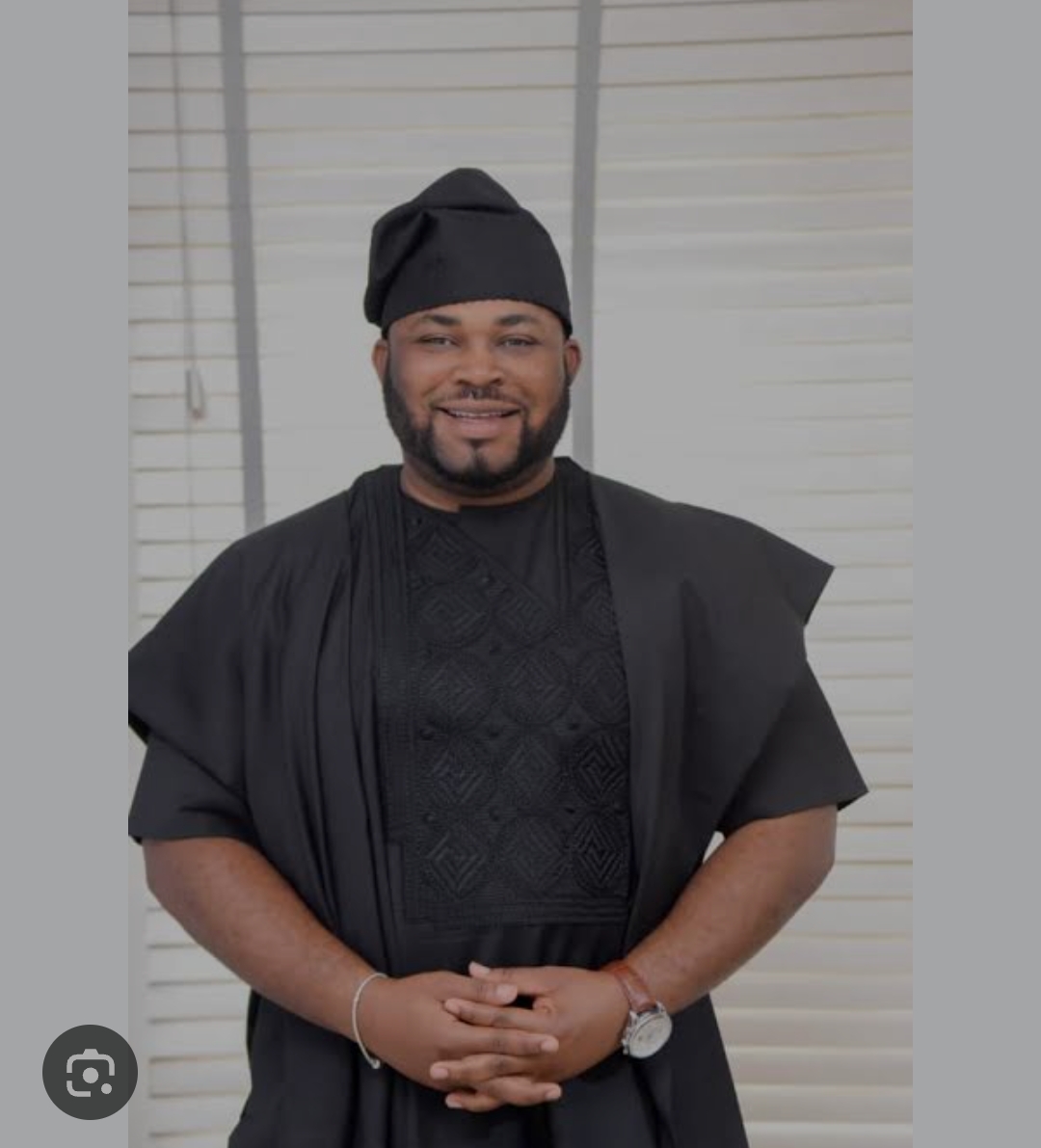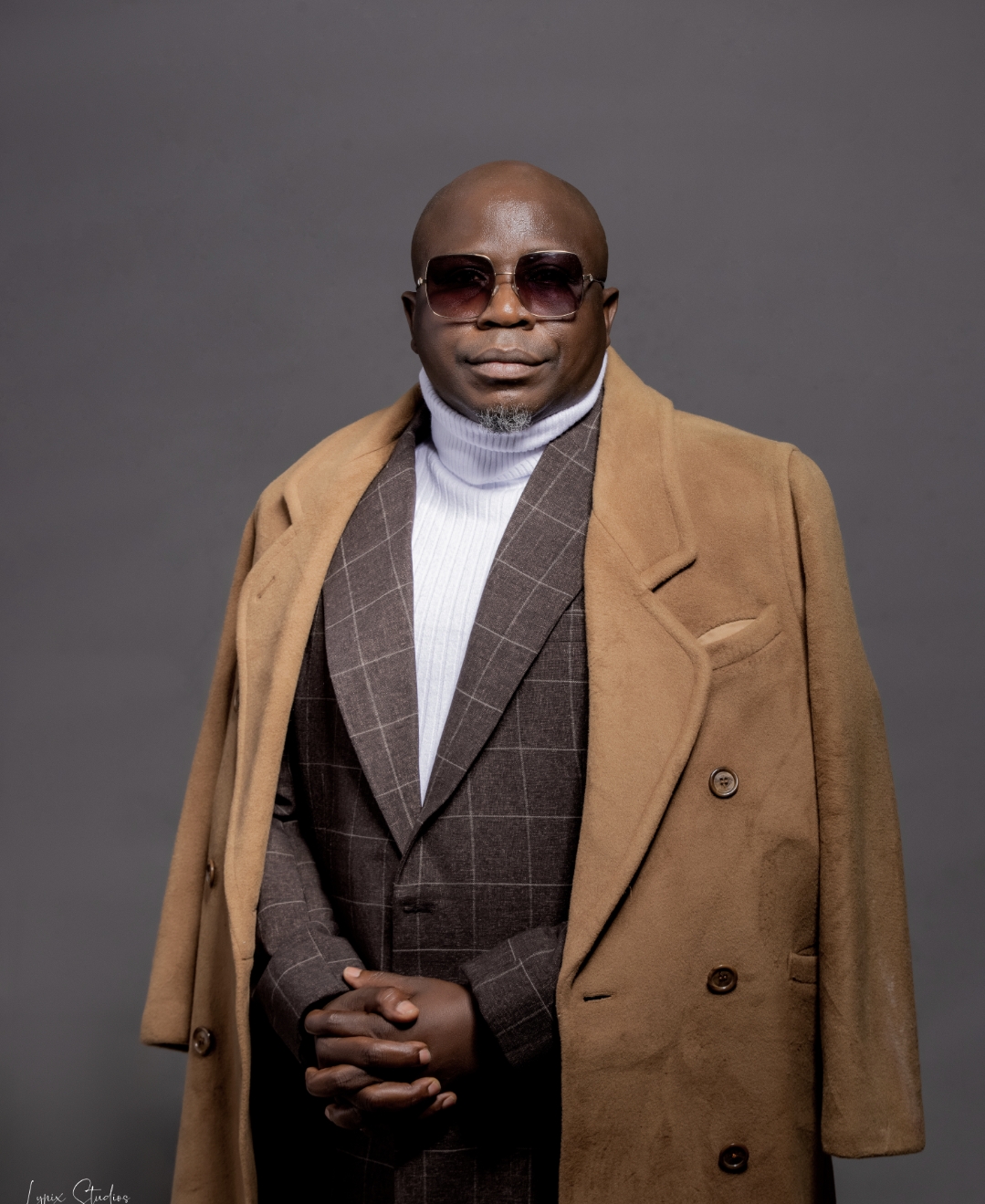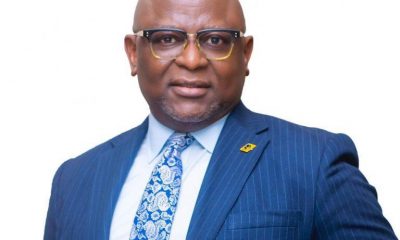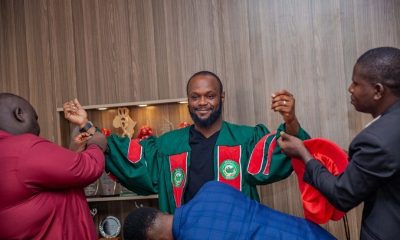celebrity radar - gossips
The Redeemed Church In A Mega Land Grab Scandal +Villagers battle Pastor Adeboye over N3.78 billion land mess

The N20 billion 3 kilometre three million auditorium embarked upon by Pastor Enoch Adejare Adeboye led The Redeemed Christian Church of God has suffered another hiccups as villagers kicked against the encroachment of their land and alleged destruction of their properties worth billions.
Sahara weekly’s check revealed that nine villages and over 300 families have taken a stand against the construction going on over there. They alleged that the church went beyond the 1900 acres of land acquired. According to them, the church is working on about 4000 acres of land which implies that they took over 2100 acres of land illegitimately. Six plots of land make an acre which means they encroached on over 12,600 plots of lands. A plot of land is N300, 000 which means 12,600 plots of land is N3.78 billion.
Aside that, we reliably gathered that the villagers claimed the church authorities recklessly demolished properties of the nine villages illegally. According to them, they implemented this through the use of security operatives which rendered them powerless to resist the destruction.
Information available to us that irked by this outrageous deeds of the reputable ministry, over 300 families living at Agunfoye, Ososanya, Isaga Kekere, Isaga Nla, Ebute Agbara, Pagbo, Igbonla Adeleye, Igbonla Akinremi and Olaparun villages in Makun area of Sagamu Local Government Area of Ogun State signed a petition to relevant government agencies and the international organisations to save them from the hand of RCCG.
Reportedly, Oladele Benjamin Adisa, speaking on behalf of the villages, said: “The affected families are the 3rd, 4th and 5th generations of the earliest settlers in the nine villages over 200 years ago on the vast land purportedly acquired by the church, which owned by Otetumo Agbabo Shoole Agufon and Ososanya families of Itunmeko area in Ikorodu, Lagos State, with Pastor Amos Oshin and Chief Sikiru Ososanya as the heads of the two families respectively.”
“People representing the Redeemed Christian Church of God recklessly demolished and destroyed markets and stalls in front of the Local Government School Agunfoye–Remo. The old and new buildings at Zion African Church, Agunfoye set up in 1925 by the earliest settlers, cemeteries and all graves in the nine villages were also demolished.”
He noted that they could not take pictures of the demolition because policemen and security operatives that accompanied the church were shooting into the air to scare the villagers.
Adisa explained further that in a suit filed in Court 3 Sagamu HCS/105/14 by the said land owners against the church, it noted that the church have exceeded the acquisition of 1,900 acres sold to them. “It was however noticed that the church has already exceeded the boundaries sold to them to almost 4,000 acres. Immediately this was noticed, the church went in for the kill the next day, demolishing properties, cash and food crops which are the principal source of income for the villagers.”
According to Adisa, “we lost everything. We just want them to stick to the initial 1,900 acres. Now, come to think of it, the only public primary school in the community, known as Local Government Primary School Agunfoye Remo was demolished, thus denying the children in the nine villages the opportunity to attend school for the 2014/15 academic year. This unfortunate situation was reported to the Ogun State Governor, Commissioner for Education and State Primary Education Board in Abeokuta.
“It is illegal for a church to displace the nine villages in a reckless manner. The only road that links the nine villages with Simawa-Sagamu has been blocked. The blockage has entrapped the entire village,” he noted, adding that, “they started constructing a road that leads to the auditorium and erected a signboard at the entrance of the road on which a bold inscription, ‘PRIVATE ROAD, NO TRESPASS’, was written showing that the villagers have no free access to their various houses.”
Adisa also affirmed that “the electric cables, poles and transformers that supplied electricity to the nine villages were dismantled and taken away, leaving the area in darkness.
Confirming the destruction of their cultural antiquities, Adisa said: “Traditional shrines in the nine villages namely Igboro known as Igboti; Ogun Ajobo known as Ijasi Ilu, Oju Iroko, Oju Oluweri, Irele Awopa, Igbodu Ifa and Kuso known as Igunnuba were demolished amidst gun-wielding policemen and touts from the church.”
Affected villagers such as Soyinka Albert Ola, Ajibode Oluniyi, Taiwo Alan Ogunleye, Ayinde Kamorudeen, Wasiu Ogunleye, Ganiyu Karimu, Adekunle Akibu and Adekunle Adegbola, said they had been living peacefully before the annexation of their communities.
They said since June this year, 16 of the villagers have died due to starvation since their principal source of income had been ruined while many are sick due to hunger and starvation as they cannot get out of the village.
According to one of the villagers, “it should interest you to know that since the last six months, agents and representatives of the church have been coming to the nine villages with police officers in mufti carrying guns and using vehicles without plate numbers to terrorise the villagers to vacate the land, promising to expel everyone the next time they come here. And we are not sure what will happen to the rest of us. We are appealing to everyone to come to our aid and ask the church to stick to their 1,900 acres.”
celebrity radar - gossips
DSS Invites Ogun LG Chairman, Alebiosu and others Over Attack At APC Stakeholders Meeting

*DSS Invites Ogun LG Chairman, Alebiosu and others Over Attack At APC Stakeholders Meeting*
The Department of State Services (DSS) Abeokuta on Monday invited Ijebu Ode local government Chairman, Hon Dare Alebiosu, and some political thugs alleged to have caused disturbance, incitement and physical attack during an APC stakeholders meeting few days to Ward Congress in the area.
A reliable security source disclosed that an aide of the Governor who was reportedly attacked during the stakeholders meeting was said to have petitioned the DSS.
According to the source, there have been growing concerns over the activities of the LG Chairman, who was alleged to be backing cultists and using them as a tool for harassment and intimidation in the community.
As it was reported, the LG boss was accused to have openly confronted and accused the Governor’s aide for identifying some of the cultists to DSS officials, while one of the cultist was said to have hit their target in the face and removing his medicated glasses. The swift and professional intervention of the Men of DSS quickly deescalated the matter and the meeting went on to a conclusive end.
The meeting which held at the residence of Chief Okuboyejo, the Governor’s Advisory Council Chairman at GRA Ijebu ode became tensed, after the LG chairman invaded the private premises of the old man with a large number of cultists which some of them were allegedly believed to be armed.
The source added that the case is presently with the DSS, while the petitioner has also submitted various evidence against the LG Chairman.
In another turn of event, Commisoner for Urban and regional planning was harassed and robbed, so also the former SLG to the Local govt also almost lost his life as he was attacked with cutlass by thugs who were allegedly said to be led by Dapo Adebajo, he was hospitalized. The case has also been reported to the DSS and Police as at the time of filling this report.
celebrity radar - gossips
Laffmattazz with Gbenga Adeyinka & Friends Returns In 2026, As Canada Joins Tour

Laffmattazz with Gbenga Adeyinka & Friends Returns In 2026, As Canada Joins Tour
Nigeria’s longest-running and most consistent comedy tour, LaffMattazz with Gbenga Adeyinka & Friends, has officially announced its 2026 tour themed “Next Chapter.” The upcoming edition marks a major milestone as the brand celebrates its 15th edition with a bold expansion that includes Canada for the first time.
The Next Chapter edition represents a clear evolution from previous years — signaling growth, global reach, and a renewed creative vision. While past editions focused on taking premium comedy experiences across Nigerian cities, the 2026 tour elevates the brand with international exposure, upgraded production, and stronger engagement with audiences at home and in the diaspora.
Speaking on the significance of the new theme, organizers describe the 15th edition as more than a celebration of longevity, but a statement of intent — positioning LaffMattazz as a global Nigerian entertainment export.
CONFIRMED TOUR CITIES & VENUES
•Ibadan – Jogor Center (Easter Sunday, April 5th, 2026)
•Akure – The Dome International Culture & Event Center
•Abeokuta – OOPL Marquee
•Lagos – Balmoral Convention Center
•Canada – Multi-city tour (dates to be announced)
Audiences can expect a rich blend of comedy, music, and surprise guest appearances — delivered with the signature “& Friends” experience that has defined the tour for over a decade.
With the Next Chapter, LaffMattazz reinforces its legacy while opening new doors for African comedy on the global stage.
celebrity radar - gossips
Kevin David Kaydee Releases Inspiring Single “Oluwa Settle Me”

Kevin David Kaydee Releases Inspiring Single “Oluwa Settle Me”
Rising music artist Kevin David Kaydee has released a powerful new single titled Oluwa Settle Me, a soulful Afro-inspired anthem that blends heartfelt prayer with modern rhythm.
“Oluwa Settle Me” captures the everyday cry of many believers seeking breakthrough, peace, and divine favour. With emotionally rich melodies and uplifting instrumentation, the song expresses a sincere plea to God for complete answers to life’s pressing questions—career, destiny, relationships, and spiritual fulfilment.

Drawing from Afrocentric sounds and contemporary gospel influences, the track stands out for its simplicity, sincerity, and spiritual depth. Kevin David Kaydee delivers the message with passion, creating a worshipful atmosphere that resonates across age groups and cultures.
The song’s message of hope and dependence on God positions it as more than just music,it is a prayer set to melody. By fusing spirituality with modern lifestyle rhythms, “Oluwa Settle Me” reflects the growing wave of gospel music that speaks directly to real-life struggles while pointing listeners back to faith.
As gospel music continues to evolve across Africa and beyond, Kevin David Kaydee’s latest release reinforces music as a powerful tool for encouragement, reflection, and spiritual connection.
“Oluwa Settle Me” is now gaining attention among gospel music lovers for its relatable message and soulful sound, marking another significant step in the artist’s growing musical journey.
-

 celebrity radar - gossips6 months ago
celebrity radar - gossips6 months agoWhy Babangida’s Hilltop Home Became Nigeria’s Political “Mecca”
-

 society5 months ago
society5 months agoReligion: Africa’s Oldest Weapon of Enslavement and the Forgotten Truth
-

 society6 months ago
society6 months agoPower is a Loan, Not a Possession: The Sacred Duty of Planting People
-

 news7 months ago
news7 months agoTHE APPOINTMENT OF WASIU AYINDE BY THE FEDERAL GOVERNMENT AS AN AMBASSADOR SOUNDS EMBARRASSING











You must be logged in to post a comment Login